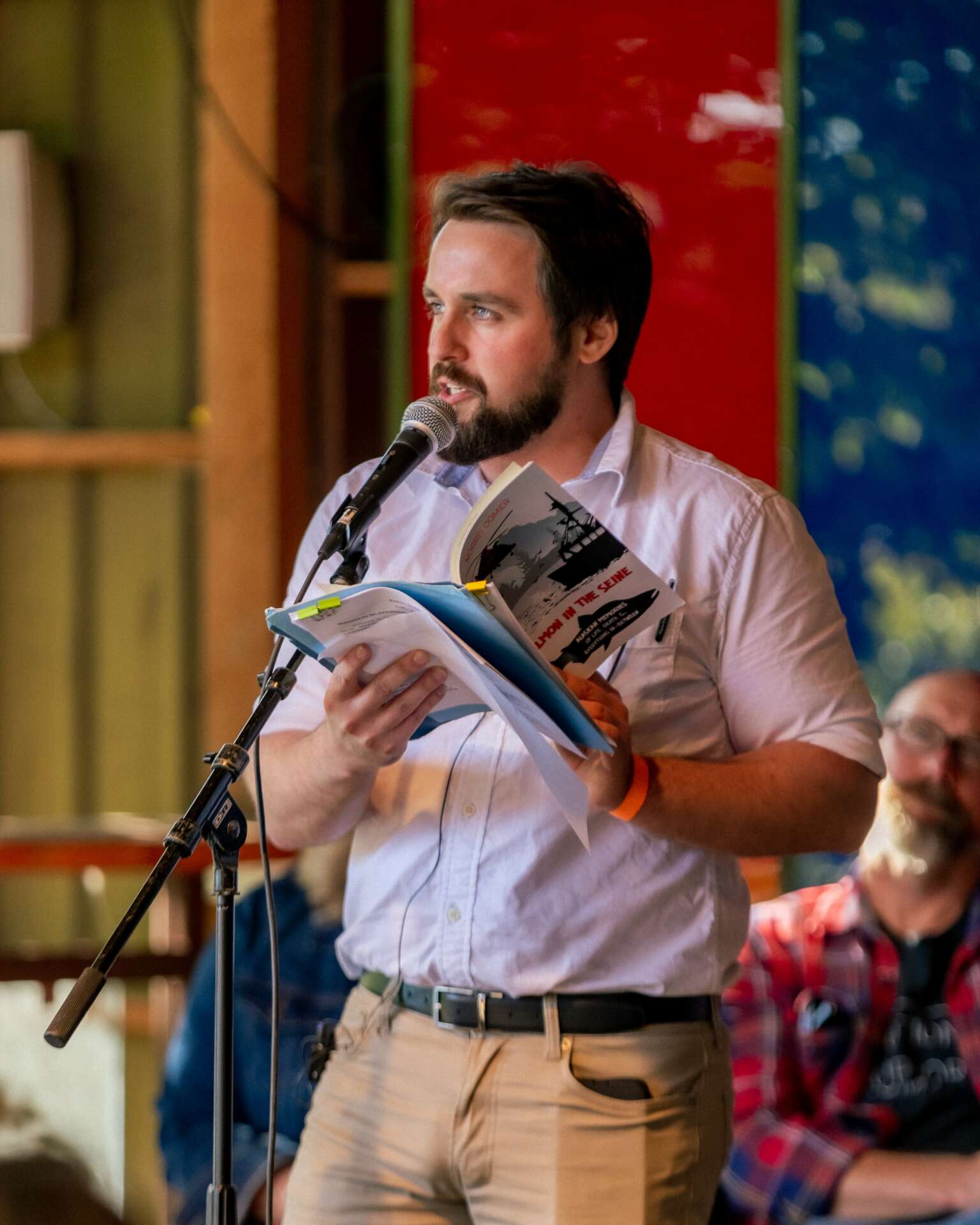We’re excited to introduce you to the always interesting and insightful Norris Comer. We hope you’ll enjoy our conversation with Norris below.
Norris, thanks for taking the time to share your stories with us today Are you able to earn a full-time living from your creative work? If so, can you walk us through your journey and how you made it happen?
My journey to living full-time off my creative work with my own company has not been a straight line at all. I think the trip resembles more of a crazy, twisty rollercoaster ride that threatened to fly off the track and crash into a ball of flame a few times.
In my 20s (I’m 33), I chased a variety of experiences and did not have a clear aim to be an author and working writer at all. I took a Gap Year before college in which I worked on a commercial fishing boat in Alaska and then went solo around the world with the fishing money. In college, I got a marine science degree and worked as an oceanographer, mostly studying the BP/Deepwater Horizon oil spill in Florida. I got involved with my student newspaper, bought and lived upon an old sailboat in Tampa Bay, and even was a contestant on a Norwegian reality TV show called Alt for Norge (Season 5).
These diverse experiences revealed to me that I truly, deeply love writing and I began to gravitate toward that world. I was the writer for a local interest blog and after was brought on as managing editor of a Seattle-based boating magazine. I began seriously working on my first book, Salmon in the Seine: Alaskan Memories of Life, Death, & Everything In-between, during this time as well. I sought out and starting winning writing awards like numerous Boat Writers International magazine article competitions and a Writers Digest short story competition award.
After about four years as the managing editor of the boating magazine, I struck out solo in December 2019 with the intent to freelance write and publish books full-time. Like the brilliant tactician I am, this timing was perfect for getting nailed by the Pandemic Era. 2020, the first year of Sabertooth Salmon LLC, was extremely scrappy. I managed to cobble together a few magazine article assignments, moved onto the small sailboat I now own, and even worked a seasonal gig wholeselling fireworks on a Native American reservation for the Fourth of July. The apocalyptic backdrop of those times were so cartoonishly insane that trying to “make it” as an author/writer felt pretty tame. Might as well go for it while the world burns, right!?
I stuck with it through 2020 and into 2021, my income growing as a mix of more writing assignments and a gig on a charter yacht in Alaska. I finally got a book deal for Salmon in the Seine and started regularly contributing to magazines like Power & Motoryacht, Passagemaker, Pacific Yachting, Fishermen’s News, Pacific Maritime, and more. I picked up a corporate client and worked as a senior copywriter for advertising juggernaut Wunderman Thompson. Headway was being made.
2022 was a landmark year. My book hit the shelves and I threw an epic launch party at a local bar. 2022 turned out to be the first year that 100% of my income was writing/editing work through Sabertooth Salmon LLC. I also hit my financial goals, enabling me to move off the boat and plant my feet firmly in sweet sweet American middle class-dom. The days of scrapping together an article here and there and going to sea or selling fireworks to pick up the slack are over. My book Salmon in the Seine has won 8 notable book awards (and counting) at the time of this writing. I’ll be flying out to Chicago in two weeks to receive one of these awards at the American Library Association conference and sign books. I’m frankly amazed at all this good fortune.
As far as ways to speed up the process as per the prompt, one of the main lessons for me through all this is that there are no shortcuts. There is no advice I could give anyone to help them avoid failure, pain, heartbreak, isolation, poverty, years spent, etc. All I got is that a fighting spirit, sharp mind, healthy body, and genuine human bonds will serve you well. I think we probably have to endure life’s downturns to get to the good times, and there’s no real way around that if you want to live a liberated life as an artist or creative. There isn’t a destination you reach or a hustle you win, the whole thing is an ongoing experience one should learn to appreciate and treasure.
Whether you get to where you want to or not is the adventure of your life and it’s going to be incredible sometimes, difficult as **** at others, and pretty banal most of the time. Your decisions and actions have very important and immediate consequences. Massive, world-scale events will conspire to hinder you: economic downturns, disease, militant cultural shifts, etc. But you are a sailor and must make do with however the winds howl. Can you live off mostly cans of beans with brown rice in a sailboat without standing headroom and pull <$25k for a year? I had to do that. And I think you–whoever you are–will too, the details differing based on your situation of course.
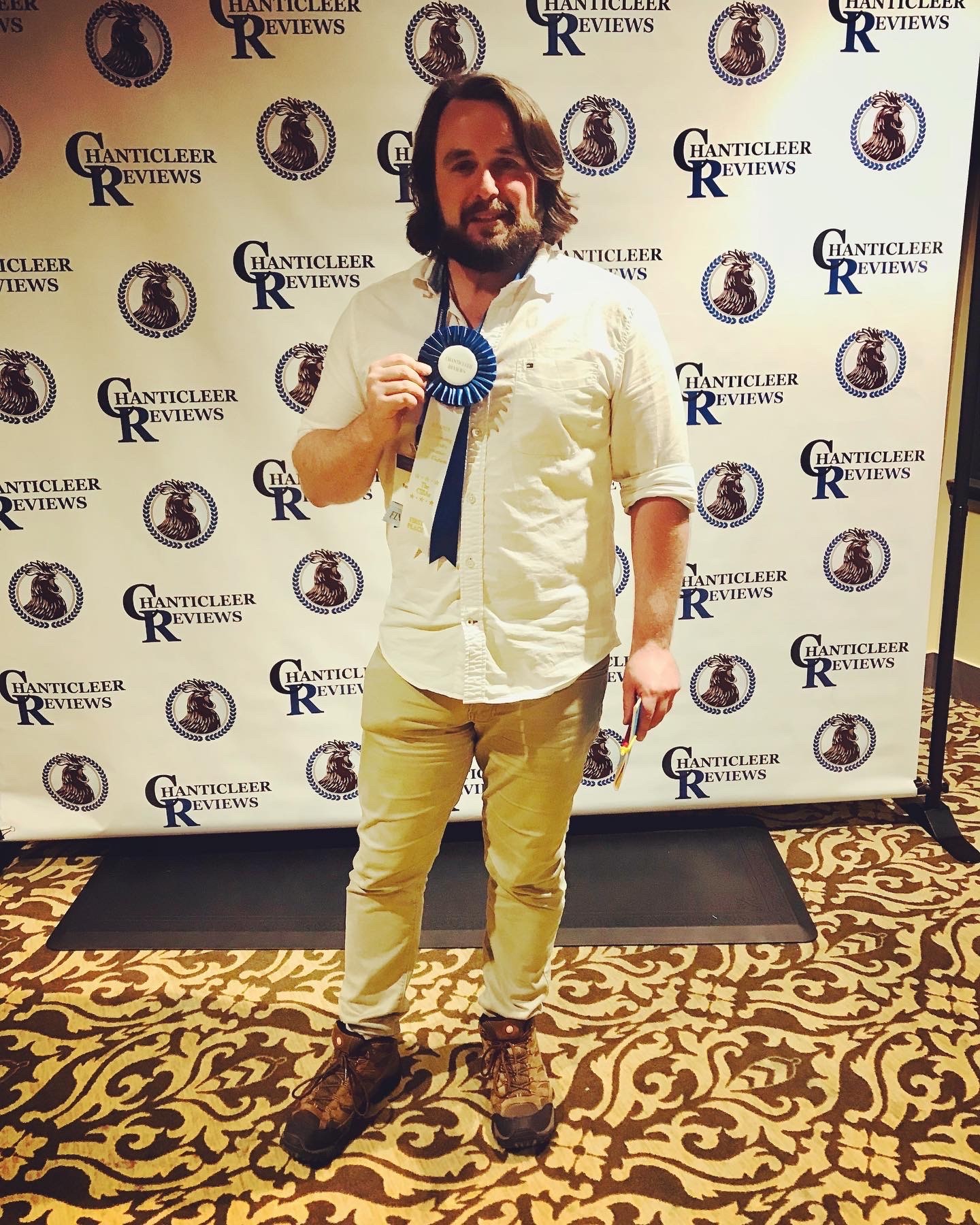
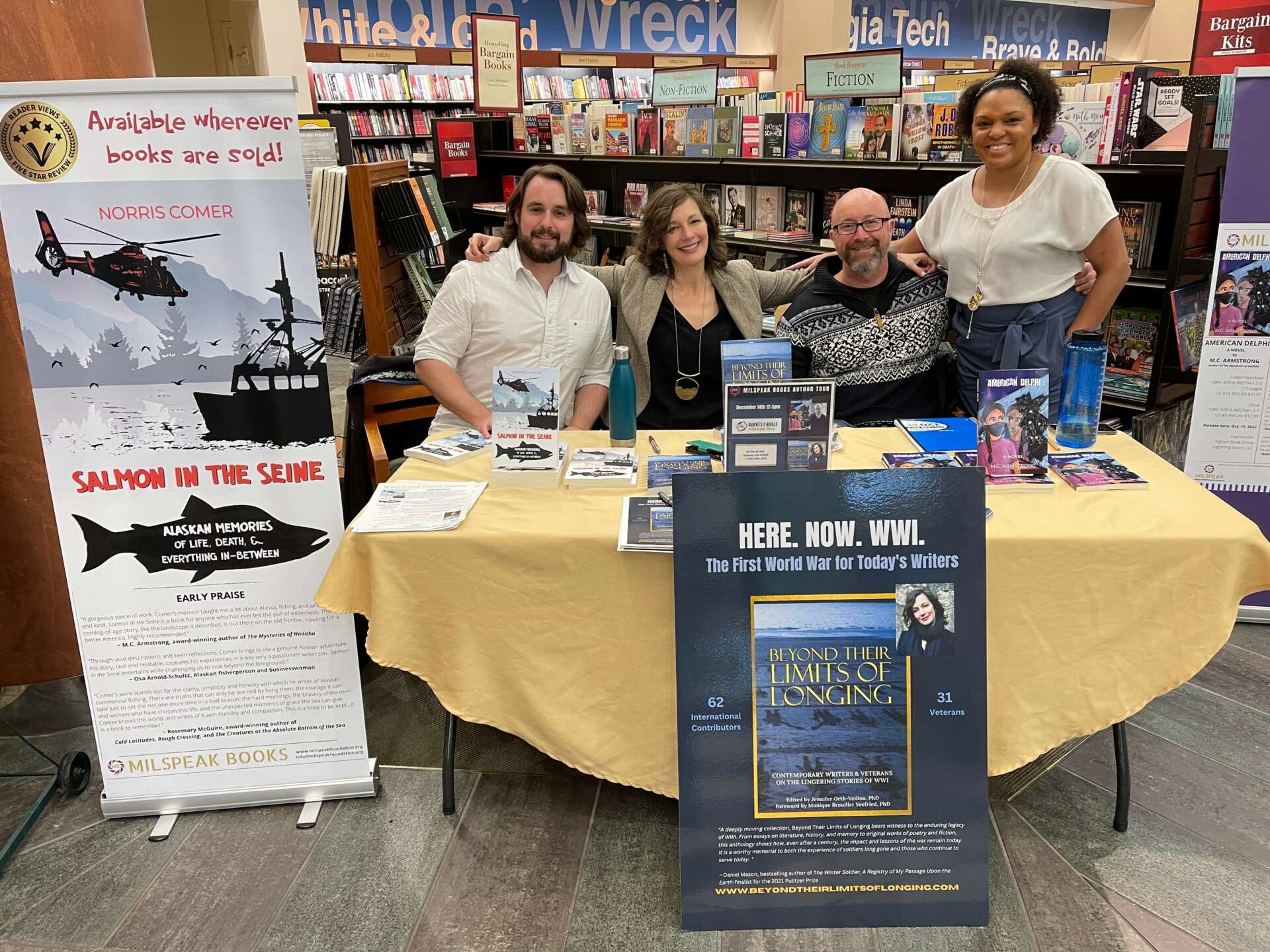
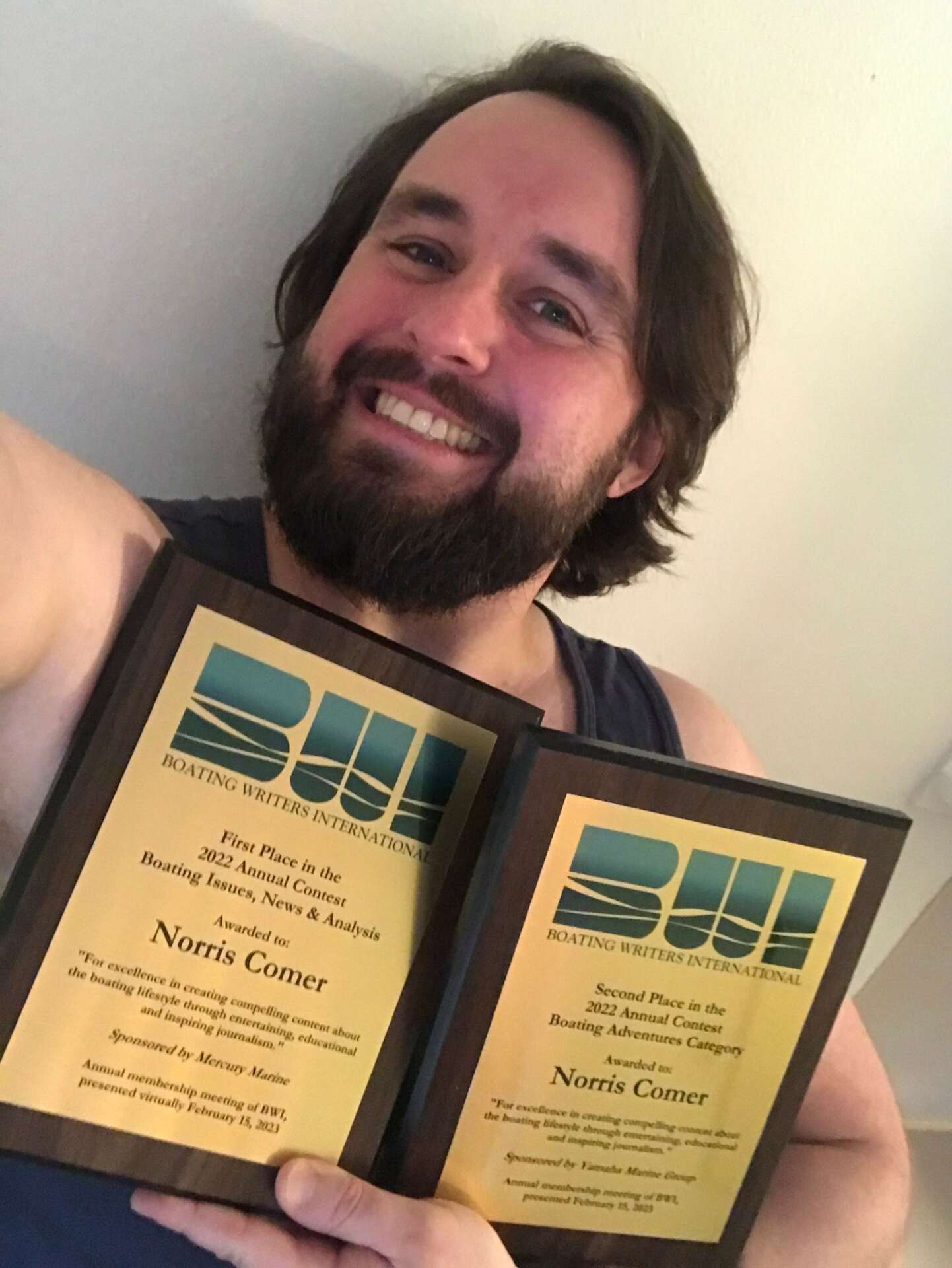
Norris, before we move on to more of these sorts of questions, can you take some time to bring our readers up to speed on you and what you do?
My name is Norris Comer and I’m a full-time author and working writer/editor through my company, Sabertooth Salmon LLC.
My first book Salmon in the Seine: Alaskan Memories of Life, Death, & Everything In-Between was published spring 2022. The memoir is about my time in 2008 as a greenhorn commercial fishermen in Alaska and outdoorsy hitchhiker in the Denali backcountry. The book has won eight book awards at the time of this writing, most recently a First Place in the Chanticleer International Book Awards, an Independent Publisher Book Awards (IPPY), and Next Generation Indie Book Awards win. I’ll be flying out to Chicago to receive one of these awards and sign books in a couple of weeks at the American Library Association conference.
Besides book stuff, I contribute as a freelance writer/journalist to mostly maritime/boating magazines like Power & Motoryacht, Passagemaker, SAIL, Pacific Yachting, Fishermen’s News, Pacific Maritime, and more. I’m also the editor of The Sea Chest, the magazine of the legacy nonprofit Puget Sound Maritime Historical Society. I also have years of advertising writing under my belt both at local and international scales.
I also have a growing Substack titled Norris Note that provides updates for fans of my writing and is where I can opine, mostly about Pacific Northwest sea salty stuff. I aspire to break more stories there as time goes on.
I touched on how I got into this world earlier.
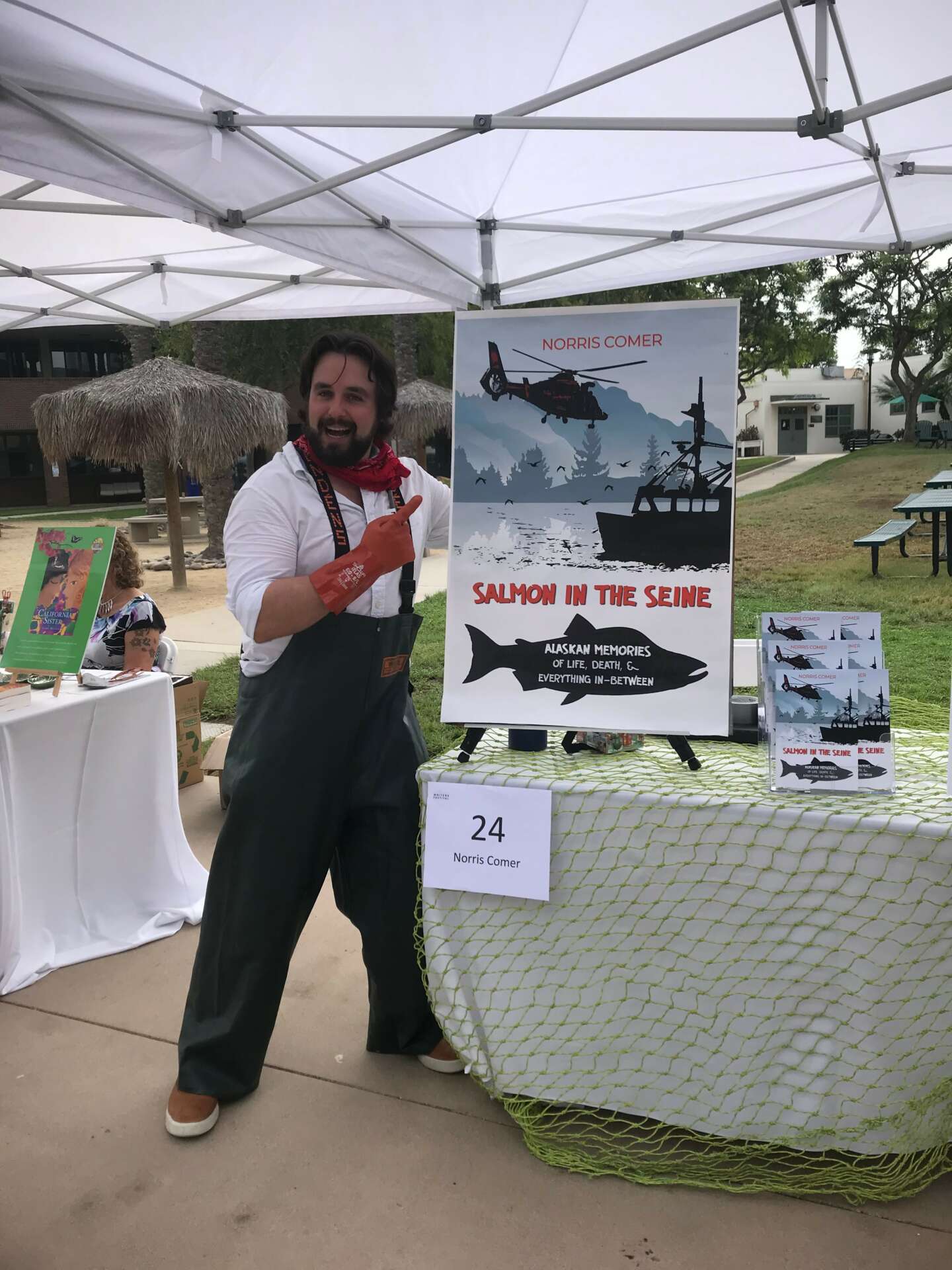
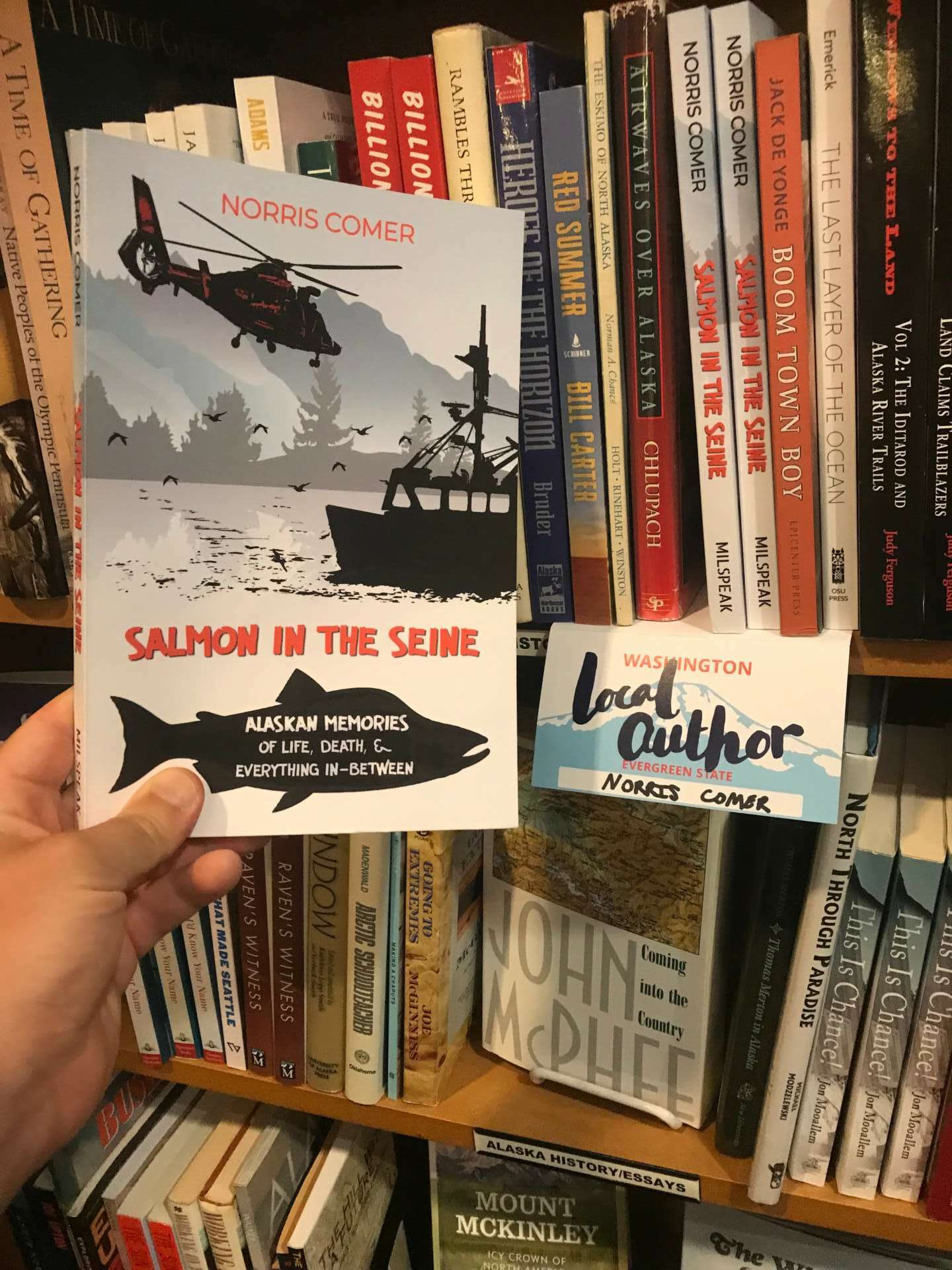
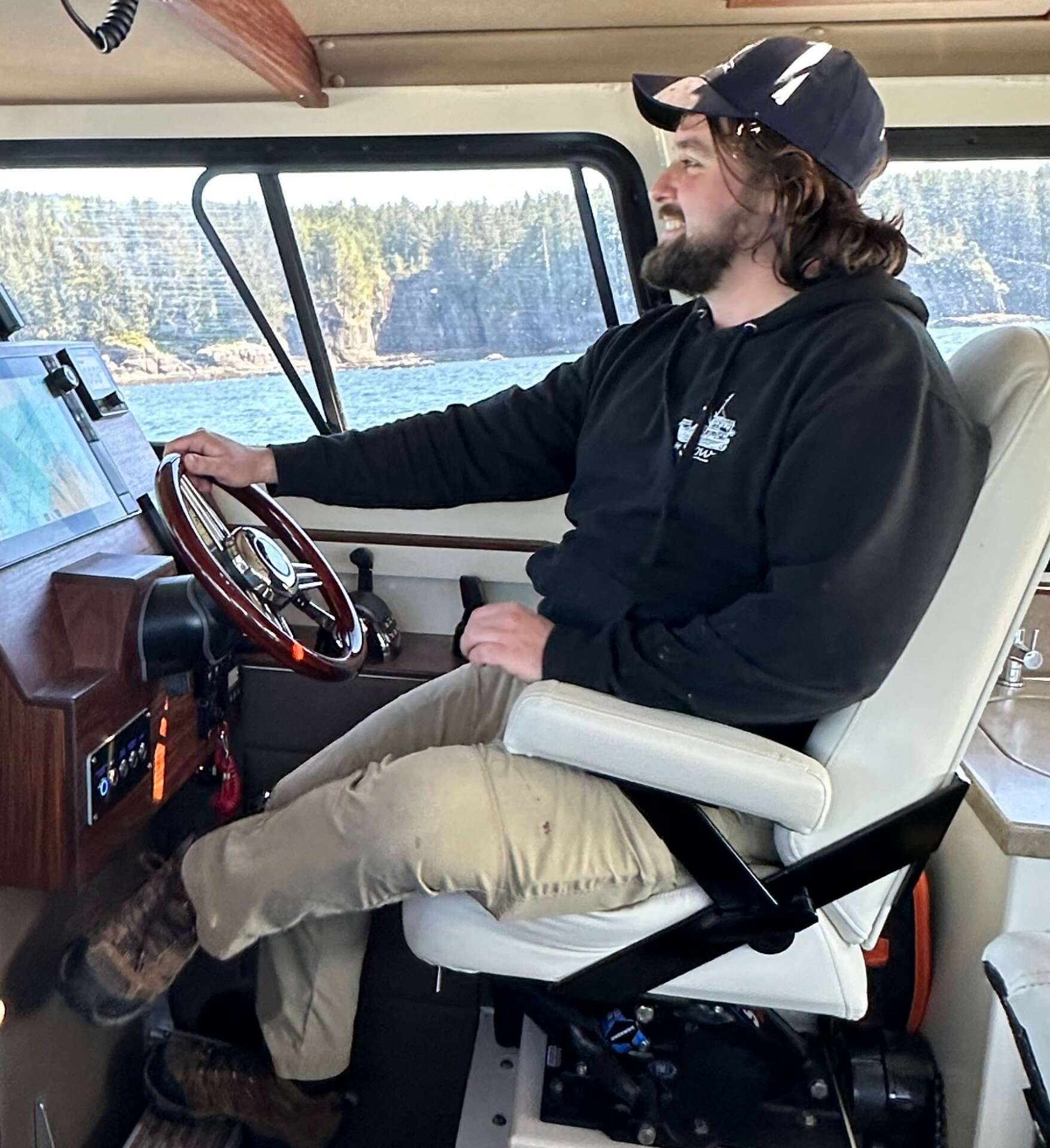
What can society do to ensure an environment that’s helpful to artists and creatives?
I think this question is interesting partly because I came up as a working writer, “on the streets” as it were. I don’t have a writing degree or MFA and still don’t entirely feel comfortable calling myself an artist. I’m used to an environment where if I write poorly or get a fact wrong, the consequences are swift, sharp, and publicly shameful. If something I wrote wasn’t interesting or just sucks, I’ve worked with some very hard-nosed mentors, employers, and subject experts who bluntly told me so. Now that I’m freelance, if I don’t show up at my best, that could result in real money I don’t get because I failed to deliver.
The flip side of this in-the-trenches writing is that when you do a good job, the rewards are incredible. I’ve received such earnest and supportive fan mail that a tear has welled up in my eye. Prevailing in a big writing competition is like winning that big climactic duel at the end of a movie. When a national magazine posts one of your articles on Facebook and the positive reactions shoot up into the 100s in a matter of hours, the world is your oyster. It’s awesome. I’ll be dead but this stuff I’ve produced will live on.
All this is to say that I’ve developed a sort of Populist take on the relationship between society and its artist-creatives. I don’t really buy this idea that as an artist, I should ensconce myself as a protected class where society supports me or owes me anything. Nobody, and certainly not society at-large, owes me or a creative class anything.
What I hope for are fair opportunities to test my quality and that’s where society can do a lot of good. I’m a believer in things like writing awards and competitions that have non-idealogically captured judges who want to elevate the best writing they can. I’m a believer in sales numbers, reviews from normal people, word of mouth, likes and shares, real-life applause. If society can facilitate these interfaces, mechanisms, and the like, I think great writers that people want to read will thrive.
But we got to trust that process and, as I said before, know there are no shortcuts. It should take time to get there. We shouldn’t be trying to game the system or use creative writing and the arts as tools of agenda. That ain’t art. We need fair playing fields for The People to support who they will, and that’s as much a cultural value as it is the nitty gritty of these institutional operations.
I also urge The People to spend their money on the artists/creators they love. Y’all may not feel like it, but y’all are in the driver’s seat.
What do you find most rewarding about being a creative?
Writing, especially in school or working adulthood, is treated as a very technical and utilitarian enterprise. Writing is a “tool”, and I hear authors calling it a “craft”. Everyone is in the “industry” or “biz”. For me, writing creatively is the opposite of all that. My weakest writing was and always will be the persuasive essay largely because I’m not really interested in convincing anyone of anything.
I’m far more interested in expressing something I’m experiencing to the absolute best of my ability as an earnest salute to the life experience. Most of my magazine articles involve me hopping on a notable boat to go on an adventure and write about it. Why? Because not all of humanity can hop on that cool new fishing machine in that particular tiny fishing town with that specific crew of characters. Somehow, thanks to the magic of writing, they can. It still doesn’t make sense to me at all, but if I do a really good job, I get to impart my very real experience into the intangible fabric of a reader’s conciseness.
That’s INSANE! But that’s writing for you. Go read sixth century Chinese poet Li Bo’s “Drinking Alone Under the Moon” poem right now. Afterward, I feel the poem as if it’s something I too have experienced–even though it was written hundreds of years ago in a culture on the other side of the world. It’s completely mad, magical stuff. And I love it.
Contact Info:
- Website: https://norriscomer.wordpress.com
- Instagram: @norriscomer
- Facebook: https://www.facebook.com/norrisnelsoncomer/
- Linkedin: https://www.linkedin.com/in/norris-comer-246579121/
- Other: Substack, Norris Note: https://norriscomer.substack.com/? Book Launch Party: https://www.youtube.com/watch?v=rz3-3vEGuis&t=2s


